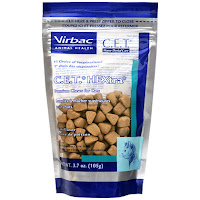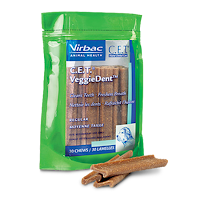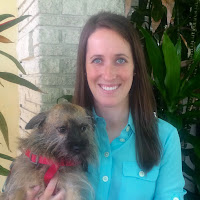The big bearded one never misses a change to visit the VCA HAH, but this year we are excited to announce that Santa returns to the "red carpet" for Free Pet Photos with your fur babies!
When: December 14th from 9am-12pm,
Where: VCA Hollywood- Annex
What: Free photos with Santa!!
Join us with your fiery feline and cuddly canine during our free pet photo event. This event has historically been offered on the last day of our pet food drive for Meals on Wheels of So. Florida's Companion Pet Program. in lieu of donations of food, monetary support for meals on wheels for pets, can be made online or (link) or during the event on Saturday, Dec.14th.
As always, one photo will be printed on site and digital prints will be made available online for downloading.
Santa never misses a stop off at VCA Hollywood to see your fur-babies. Check out his visit (caught on camera Dec 2020!) Not Even COVID Could Keep Santa Away.
 Visit our Facebook page for great photos of some of the fur-families that joined in the fun as well as outtakes of the hilarity that ensues when Santa suits up with a lot of animals!
Visit our Facebook page for great photos of some of the fur-families that joined in the fun as well as outtakes of the hilarity that ensues when Santa suits up with a lot of animals!
 Meals for Companion Pets Founded in 1999, the Meals for Companion Pets Program is a volunteer-driven effort providing pet food to homebound and disabled seniors in Broward County. Research shows that seniors with pets are less likely to exhibit depression, report feelings of loneliness and experience illness. But taking care of a pet – feeding, grooming and veterinary care – can be financially and physically burdensome to seniors. More often than not, a devoted animal lover with limited access to food will feed their hungry pet before they feed themselves. Pet food is provided through the generosity of local donors and grants and is delivered on the third Saturday of each month. Volunteers are always needed on the third Saturday of the month to pack & deliver food.
Meals for Companion Pets Founded in 1999, the Meals for Companion Pets Program is a volunteer-driven effort providing pet food to homebound and disabled seniors in Broward County. Research shows that seniors with pets are less likely to exhibit depression, report feelings of loneliness and experience illness. But taking care of a pet – feeding, grooming and veterinary care – can be financially and physically burdensome to seniors. More often than not, a devoted animal lover with limited access to food will feed their hungry pet before they feed themselves. Pet food is provided through the generosity of local donors and grants and is delivered on the third Saturday of each month. Volunteers are always needed on the third Saturday of the month to pack & deliver food.
As always, one photo will be printed on site and digital prints will be made available online for downloading.
Santa never misses a stop off at VCA Hollywood to see your fur-babies. Check out his visit (caught on camera Dec 2020!) Not Even COVID Could Keep Santa Away.
 Visit our Facebook page for great photos of some of the fur-families that joined in the fun as well as outtakes of the hilarity that ensues when Santa suits up with a lot of animals!
Visit our Facebook page for great photos of some of the fur-families that joined in the fun as well as outtakes of the hilarity that ensues when Santa suits up with a lot of animals!*These collections are full of some "great shots" and also some silly, "feline in your face", "dog on your lap good" times. Enjoy!
Learn more about Meals on Wheel of So. Florida's Companion Pet Program.
 Meals for Companion Pets Founded in 1999, the Meals for Companion Pets Program is a volunteer-driven effort providing pet food to homebound and disabled seniors in Broward County. Research shows that seniors with pets are less likely to exhibit depression, report feelings of loneliness and experience illness. But taking care of a pet – feeding, grooming and veterinary care – can be financially and physically burdensome to seniors. More often than not, a devoted animal lover with limited access to food will feed their hungry pet before they feed themselves. Pet food is provided through the generosity of local donors and grants and is delivered on the third Saturday of each month. Volunteers are always needed on the third Saturday of the month to pack & deliver food.
Meals for Companion Pets Founded in 1999, the Meals for Companion Pets Program is a volunteer-driven effort providing pet food to homebound and disabled seniors in Broward County. Research shows that seniors with pets are less likely to exhibit depression, report feelings of loneliness and experience illness. But taking care of a pet – feeding, grooming and veterinary care – can be financially and physically burdensome to seniors. More often than not, a devoted animal lover with limited access to food will feed their hungry pet before they feed themselves. Pet food is provided through the generosity of local donors and grants and is delivered on the third Saturday of each month. Volunteers are always needed on the third Saturday of the month to pack & deliver food.































